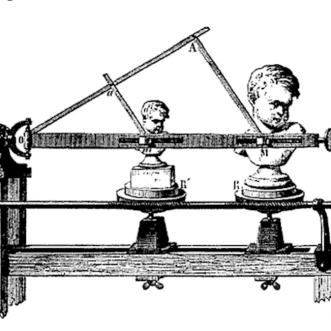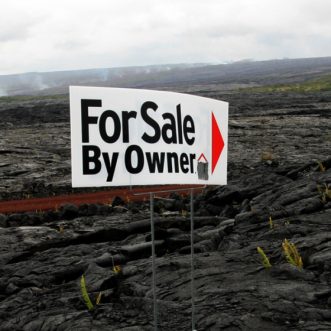
Reproduction
The reason why voter ID is such a bad idea, is that any physical object capable of serving as a ‘unique identifier’ can by definition be forged. If the technology exists to create it, the technology exists to forge it.
The same is true of a physical product or service. Almost anything about it that you can consider as ‘unique’ can be copied, reverse-engineered or reproduced by someone else.
And will be if you are successful.
The processes around your product are harder to copy, but not impossible. Otherwise franchises wouldn’t exist.
But the values, emotional labour and personality you put into making and keeping the promises around your product or service are uncopiable. Especially if you allow everyone in your team to bring their own self to bear too.
Consistency, not uniformity, is what you’re after.
That’s what makes scaling safe.








